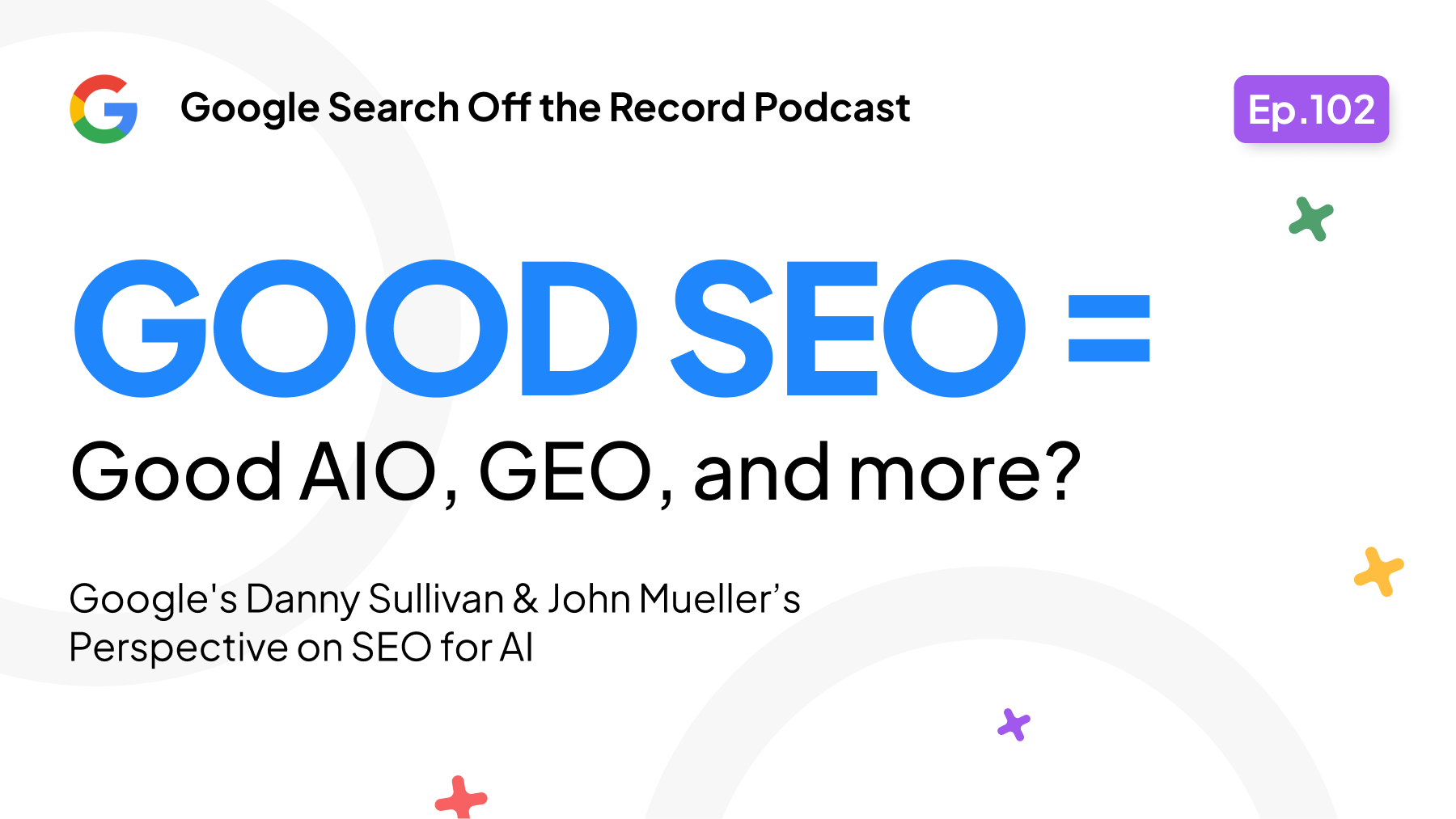Google to Crack Down on Misuse of Structured Recipe Data

In a Mastodon discussion, Google conveyed that its team will take action against the inappropriate use of structured recipe data. Here's the information.
Published at Apr 04, 2024 11:04
Last updated at Apr 04, 2024 11:04 by Tati Khumairoh
Key Takeaways
-
Google is potentially cracking down on pages that misuse structured recipe data. This was revealed by Danny Sullivan, a representative from Google, through a Mastodon discussion.
-
Misuse of structured recipe data can involve marking pages unrelated to recipes as recipes or labelling incomplete recipes as recipes.
-
Google advises using structured recipe data only on pages that list food items and include all relevant recipe information.
Google is potentially cracking down on pages that misuse structured recipe data. This was revealed by Danny Sullivan, a representative from Google, through a Mastodon discussion. Here are the details of the information.
Discussion on Mastodon Forum
This discussion was initiated by a user expressing concern about a collection of recipe pages that improperly use structured data.
It's important to note that structured recipe data is a data format used to present information about food recipes. This data can be utilized by search engines to understand recipe content and display it more attractively in search results.
However, if this data is misused, Google can take various actions against it. Here is a screenshot of Anastasia Bondarenko's post regarding the misuse of structured recipe data:
In the above post, Anastasia mentions that she came across a collection of pages marked as recipe pages but containing no recipe items within them.
She also quotes Google's guidelines stating that non-recipe items marked as recipes can be a structured data issue. Therefore, Anastasia questions the security of such practices.
Here is a screenshot from Anastasia included in the above discussion:
This concern has attracted the attention of the Google team, specifically Danny Sullivan. Through the Google Search Liaison account, Danny stated that this issue has been communicated to the relevant Google team and will continue to be monitored. Here is his statement:
In his response, Danny stated that such practices are highly not recommended as they go against the guidelines established by Google in its guidelines.
To recall Google's guidelines on recipes, here are the notes from Google considered as a structured data issue.
Therefore, ensure that the use of this type of structured data is appropriate. Additionally, Google also recommends using structured recipe data only for dishes. Thus, topics such as "facial scrub" cannot be marked as recipes.
Recommendations for Using Structured Recipe Data
To correctly implement structured recipe data, here are some recommended actions according to Google's guidelines:
- Use structured recipe data only on pages that list food items. Structured recipe data should not be used on pages unrelated to food recipes, such as homepages or profile pages.
- Include all relevant information about the recipe. Relevant information about the recipe includes ingredients, preparation steps, cooking time, and difficulty level.
- Use structured data testing tools. Structured data testing tools can help you find errors in structured data and test its validity.
- Update structured recipe data periodically if there are changes. This will help ensure that your structured recipe data is always accurate.
If you are still unsure about what to include in structured recipe data, here are some examples of information that can be included:
- Ingredients: Ingredient names, quantities, and sizes.
- Preparation steps: Recipe preparation steps, including the time needed to complete each step.
- Cooking time: Time required for cooking.
- Difficulty level: Recipe difficulty level, from easy to difficult.
By following the recommended actions above, website owners can help Google provide more relevant and useful search results for users.
Article Sources
As a dedicated news provider, we are committed to accuracy and reliability. We go the extra mile by attaching credible sources to support the data and information we present.
- Mastodon Discussion: https://mastodon.social/@delovcusa/111784583354013094
- Structured Data Recipe Guidelines: https://developers.google.com/search/docs/appearance/structured-data/recipe#guidelines
- Manual Action Structured Data Issue: https://support.google.com/webmasters/answer/9044175?#spammy-structured-markup&zippy=%2Cstructured-data-issue
Risca Fadillah
As an SEO Writer, I stay up-to-date with the latest SEO practices and industry insights to craft content that is search-optimized, credible, and genuinely valuable, designed to perform at its best on SERPs.
Another post from Risca
cmlabs Unite with Zhongnan Group to Strengthen the Foundation of Global-Standard Digital Creative Assets
Wed 18 Feb 2026, 15:02pm GMT + 7Collaboration cmlabs x Kingdee, a Leading Chinese ERP Company, Expands Global ERP Access in Indonesia
Tue 10 Feb 2026, 10:15am GMT + 7Good SEO Is Good AIO? Google's Danny Sullivan & John Mueller’s Perspective on SEO for AI
Mon 05 Jan 2026, 15:42pm GMT + 7Example of Customer Loyalty Programs to Attract Repeat Orders
Tue 30 Dec 2025, 15:21pm GMT + 7More from cmlabs News your daily dose of SEO knowledge booster
In the development of its latest search engine, Bing has partnered with GPT-4 to deliver the most advanced search experience. Here are the details.
Bard, an experimental conversational AI service, combines information with language model intelligence. Check out the details here.
With the rapid advancement of AI technology, major search engines like Google and Bing are now equipped with their respective generative AI. Here is the detail.
WRITE YOUR COMMENT
You must login to comment





All Comments (0)
Sort By